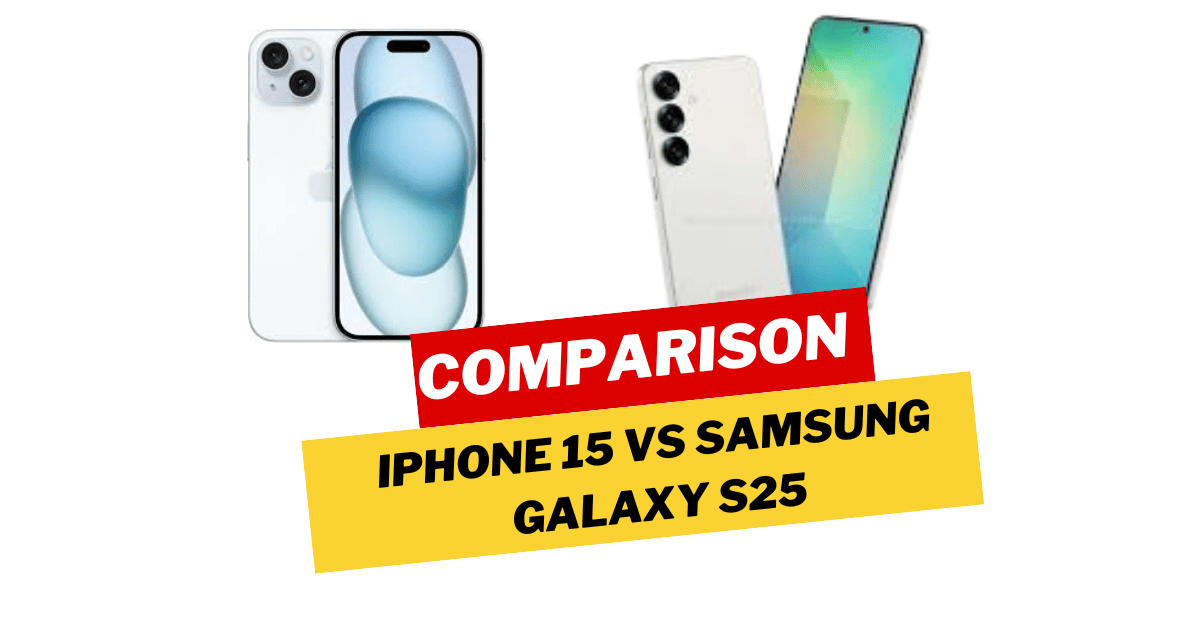Blockchain technology has emerged as one of the most transformative innovations in recent years. While it’s primarily known for powering cryptocurrencies like Bitcoin and Ethereum, its applications extend far beyond finance. One of the most promising fields where blockchain is making waves is healthcare. In 2024, blockchain’s role in healthcare is expected to grow significantly, offering revolutionary changes in data security, patient privacy, and overall healthcare management. But how exactly does blockchain technology influence healthcare?
In this article, we’ll explore the numerous benefits of blockchain in healthcare, highlight real-world applications, and discuss the challenges this innovative technology faces in transforming the healthcare industry.
What is Blockchain Technology?
Before diving into its applications, it’s important to understand what blockchain technology is. Blockchain is a decentralized, distributed ledger system that securely records transactions across multiple computers. Each transaction, or block, is linked to the previous one, forming a chain of blocks (hence the name “blockchain”). The security and transparency provided by blockchain make it an ideal solution for storing and transferring sensitive information in healthcare.
How Blockchain is Revolutionizing Healthcare
1. Improved Data Security
Patient data is extremely sensitive and needs to be protected against unauthorized access. Blockchain ensures the security of healthcare data by encrypting patient records and storing them on a decentralized network. This makes it almost impossible for hackers to alter or steal sensitive medical information.
2. Enhanced Patient Privacy
With growing concerns about privacy violations in the digital age, blockchain offers a solution. By enabling patients to control access to their health data, blockchain allows them to grant or revoke permission to healthcare providers and other entities, ensuring complete control over their personal information.
3. Streamlined Healthcare Transactions
Blockchain can eliminate the need for intermediaries by enabling direct peer-to-peer transactions. This is particularly useful in reducing delays and errors in processing healthcare transactions, such as insurance claims, prescription records, and payment processing.
4. Interoperability Between Healthcare Providers
One of the biggest challenges in healthcare today is the lack of seamless integration between different healthcare systems. Blockchain can help healthcare providers share data efficiently and securely. By creating a universal standard, blockchain ensures that different systems can communicate with each other, leading to better coordination and more efficient care.
Real-World Applications of Blockchain in Healthcare
Case Study: Medical Records Management
In many healthcare settings, patient records are scattered across multiple providers, making it difficult for doctors to access a complete medical history. Blockchain-based solutions like Healthereum and Medicalchain are addressing this challenge by creating a unified, decentralized medical record system that is accessible by both patients and healthcare providers in real time.
Case Study: Pharmaceutical Supply Chain
The pharmaceutical industry is plagued by counterfeit drugs, which can harm patients and undermine trust in the healthcare system. Blockchain can help track the origin and movement of pharmaceutical products from manufacturer to consumer, ensuring that patients receive authentic, safe medications. Companies like VeChain are already utilizing blockchain technology for this purpose.
Case Study: Clinical Trials and Research
Clinical trials are critical for medical advancements, but they often suffer from issues like data manipulation and lack of transparency. Blockchain can provide an immutable record of clinical trial data, ensuring that research findings are accurate, verifiable, and transparent. This will help drive the progress of medicine and reduce fraud in clinical trials.
Challenges and Limitations of Blockchain in Healthcare
While blockchain holds tremendous potential, there are also significant challenges that need to be addressed before it can become a mainstream solution in healthcare.
1. Scalability Issues
One of the major concerns with blockchain is scalability. Healthcare systems generate massive amounts of data, and blockchain must be able to handle this volume without compromising speed or security.
2. Regulatory Challenges
Blockchain technology operates across borders, making it difficult to establish clear regulatory frameworks for its use in healthcare. Governments and regulatory bodies must work together to create standards that address privacy, security, and interoperability concerns.
3. Cost of Implementation
Implementing blockchain technology in healthcare systems can be expensive, especially for smaller healthcare providers. The costs involved in developing and maintaining blockchain-based solutions may be prohibitive for some institutions, especially when compared to traditional systems.
The Future of Blockchain in Healthcare
Looking ahead, blockchain is poised to play a key role in shaping the future of healthcare. From improving data security and privacy to revolutionizing supply chain management, the potential applications are limitless. As blockchain technology matures and becomes more widely adopted, we can expect to see increased trust, transparency, and efficiency in the healthcare industry.
Conclusion
Blockchain technology is more than just a buzzword; it’s a game-changer in healthcare. By offering enhanced data security, improved patient privacy, and streamlined healthcare transactions, blockchain is revolutionizing the way healthcare providers operate. While there are challenges to overcome, the potential benefits far outweigh the hurdles. As 2024 progresses, we can expect blockchain to become an integral part of the healthcare ecosystem, making healthcare safer, more efficient, and more accessible to everyone.
FAQs
1. How does blockchain improve healthcare data security?
Blockchain encrypts patient data and stores it in a decentralized network, making it nearly impossible for unauthorized parties to alter or steal the information.
2. Can blockchain be used for pharmaceutical supply chain management?
Yes, blockchain can track the origin and movement of pharmaceutical products to ensure they are authentic and safe.
3. What are the challenges of implementing blockchain in healthcare?
The main challenges include scalability issues, regulatory hurdles, and the high cost of implementation.
4. How can blockchain impact patient privacy?
Blockchain gives patients control over who can access their medical data, ensuring complete privacy and consent.






